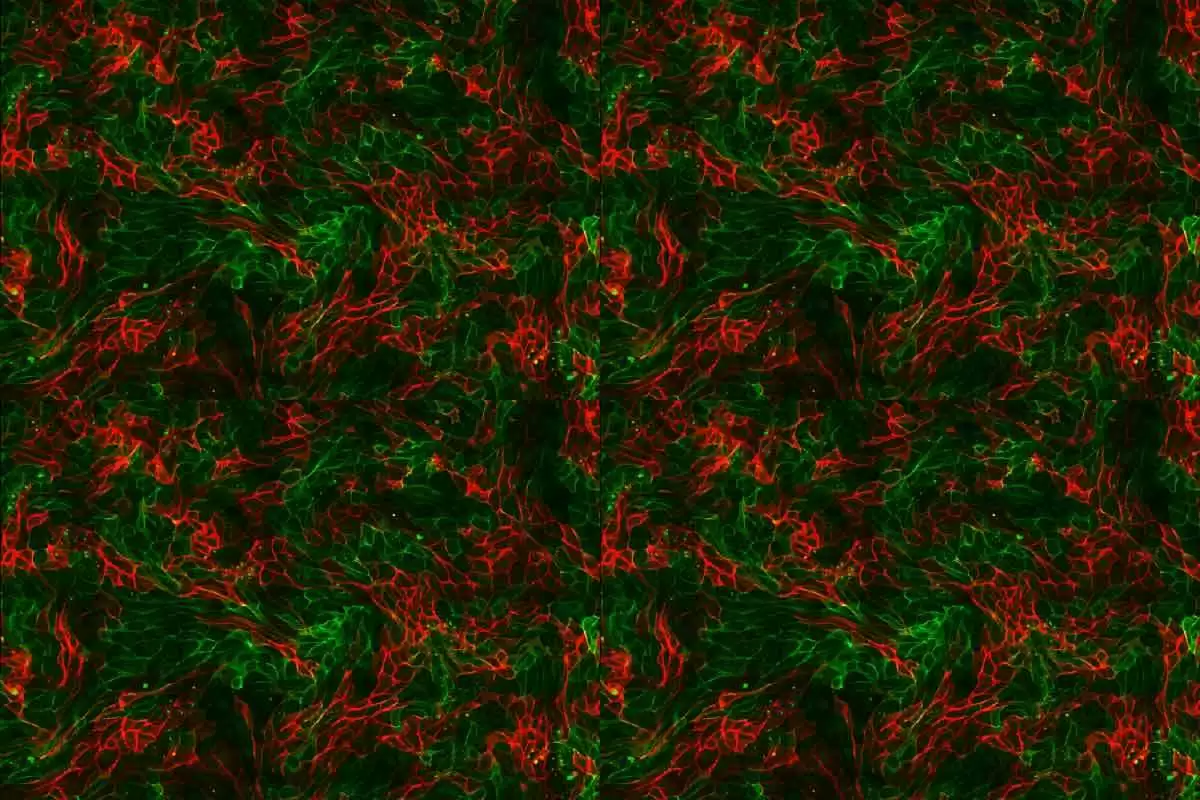
Celiac.com 10/19/2021 - There is some data to indicate a connection between celiac disease and IgA nephropathy (IgAN). In celiac disease IgA-class tissue transglutaminase (tTG) autoantibodies are seen in the small bowel mucosa and extraintestinal organs, in addition to circulating in serum.
A team of researchers recently studied whether celiac disease-type IgA-tTG deposits occur in kidney biopsies in a case series of IgAN patients with or without celiac disease.
Celiac.com Sponsor (A12):
The research team included Rakel Nurmi, Ilma Korponay-Szabó, Kaija Laurila, Heini Huhtala, Onni Niemelä, Jukka Mustonen, Satu Mäkelä, Katri Kaukinen, and Katri Lindfors.
They are variously affiliated with the Celiac Disease Research Center, Faculty of Medicine and Health Technology, Tampere University in Tampere, Finland; the Celiac Disease Center, Heim Pál National Pediatric Institute in Budapest, Hungary; the Department of Pediatrics, Faculty of Medicine and Clinical Center, University of Debrecen in Debrecen, Hungary; the Faculty of Social Sciences, Tampere University in Tampere, Finland; the Medical Research Unit, Seinäjoki Central Hospital in Seinäjoki, Finland; and the Department of Internal Medicine, Tampere University Hospital in Tampere, Finland
The team looked at nine IgAN patients, four of whom had celiac disease. The team measured serum tTG autoantibodies at the time of the diagnostic kidney biopsy, and looked at
colocalization of IgA and tTG in the frozen kidney biopsies.
The results showed IgA-tTG deposits in the kidneys of three IgAN patients with celiac disease though two patients had been diagnosed with celiac disease years later.
They fund no deposits in a known celiac disease patient who was following a gluten-free diet. Of the five non-celiac IgAN patients, three showed IgA-tTG deposits in their kidneys.
From their small study, the team concludes that tTG-targeted IgA deposits can be found in the kidney biopsies of gluten-consuming IgAN patients, but they likely won't be much help in spotting celiac disease, due to limited specificity.
Read more in Nutrients







Recommended Comments
There are no comments to display.
Create an account or sign in to comment
You need to be a member in order to leave a comment
Create an account
Sign up for a new account in our community. It's easy!
Register a new accountSign in
Already have an account? Sign in here.
Sign In Now